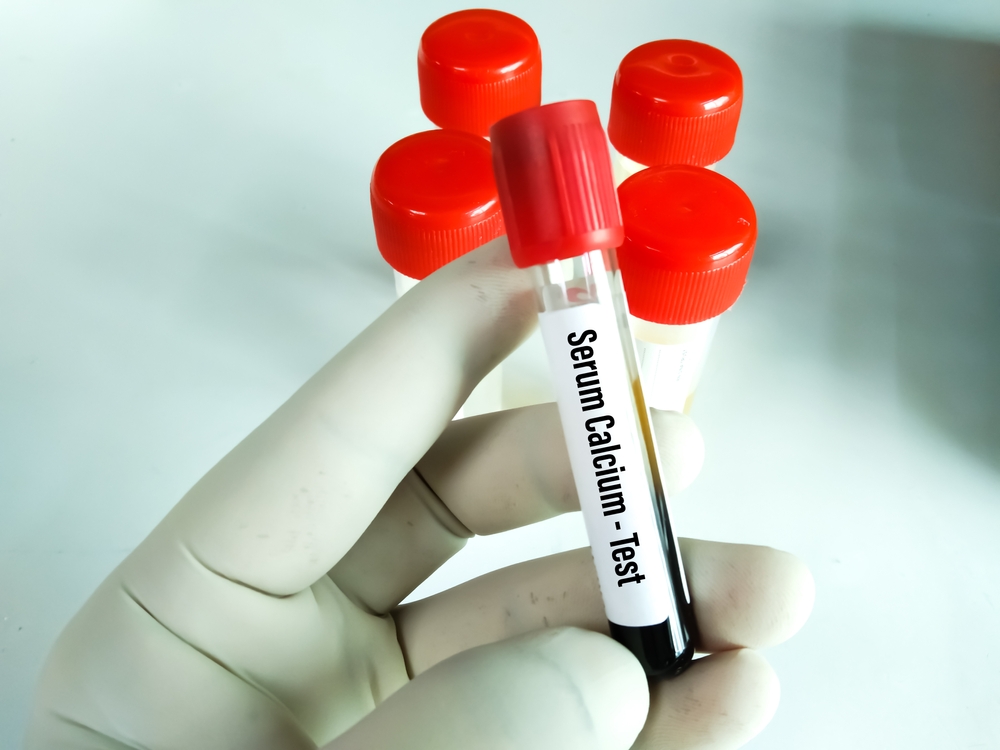This review explores the potential role of probiotics in the prevention and treatment of asthma, particularly focusing on their effects on bronchial inflammation and airway hyperresponsiveness (AHR). Studies have indicated that probiotics, including strains such as Lactobacillus and Bifidobacterium, can reduce asthma symptoms by modulating immune responses. These probiotics may restore the balance between T-helper cells (Th1/Th2), reduce IgE levels, and inhibit eosinophil infiltration in the airways. Probiotics like Lactobacillus rhamnosus and Lactobacillus bulgaricus also help alleviate mucus secretion, improving patient comfort. Recent human trials suggest that probiotics can effectively reduce asthma exacerbations, enhance lung function, and improve asthma control.
While some studies show significant improvements in peak expiratory flow (PEF), forced expiratory volume (FEV1), and asthma control test (C-ACT) scores, others find no clear benefit. There is also a need for more uniform and comprehensive clinical trials to determine the most effective probiotic strains, doses, and methods of administration. While current evidence supports the use of probiotics for reducing inflammation and asthma symptoms, more research is needed to establish definitive therapeutic guidelines.
Reference: Kleniewska P, Pawliczak R. Can probiotics be used in the prevention and treatment of bronchial asthma? Pharmacol Rep. 2024 Aug;76(4):740-753. doi: 10.1007/s43440-024-00618-0. Epub 2024 Jul 1. PMID: 38951480; PMCID: PMC11294272.









